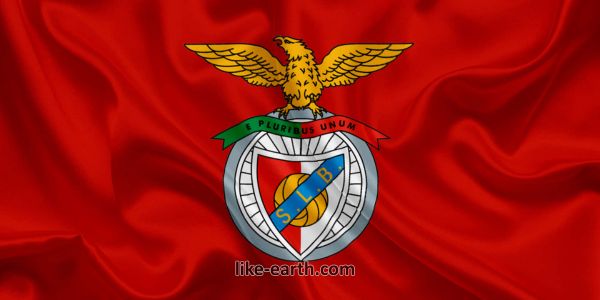Monarchy vs Democracy: Can They Coexist?

Monarchy vs democracy can coexist peacefully today—a thought-provoking idea that reflects evolving governance models. In an age of rapid political changes, understanding how monarchy and democracy intersect has become increasingly relevant and crucial for nations across the globe.
Defining Monarchy and Democracy
Monarchy is a form of governance led by a king or queen. Authority is typically inherited and symbolically represents continuity. Democracy, on the other hand, is built on the principle of people’s participation. Leaders are elected by citizens, often through direct votes. Both systems appear distinct, but their integration is not impossible.
Historical Perspective: Tension and Transition
In the past, monarchy dominated global governance. Gradually, the desire for representation and civil rights led to democratic revolutions. The French and American revolutions exemplify this shift. Yet, many nations retained monarchs while embracing democratic systems. This transition created hybrid forms of government.
The Constitutional Monarchy Model
One of the best examples of coexistence is the constitutional monarchy. In this system, the monarch serves as a symbolic figurehead. Real power lies with elected officials. The United Kingdom, Japan, and Sweden are successful examples. These nations enjoy political stability and uphold democratic values.
Symbolic Unity vs Practical Governance
Monarchs can symbolize national unity. Their role is mostly ceremonial, representing tradition and culture. Meanwhile, democratic institutions handle governance, lawmaking, and administration. This separation fosters balance and reduces the risk of authoritarianism. Citizens respect monarchy for heritage while trusting democracy for leadership.
Advantages of Coexistence
- Stability: Monarchies can provide continuity during political transitions.
- Culture and Identity: Royal traditions reinforce national identity.
- Tourism and Diplomacy: Monarchs attract tourists and strengthen foreign relations.
- Public Trust: In some countries, monarchs enjoy higher approval than politicians.
Challenges in Harmonizing Systems
Despite benefits, coexistence is not free from conflict. Budget allocations, royal privileges, and political neutrality are controversial issues. In democratic societies, transparency is essential. Monarchs must remain impartial and avoid political involvement. Failure to do so may trigger public dissent.
Case Studies: Working Examples
The UK’s parliamentary democracy with Queen Elizabeth II as monarch (until 2022) is often cited. The monarch opened parliament, endorsed laws ceremonially, and served as a global diplomat. However, political power was firmly in the hands of elected officials. Similarly, the Netherlands and Norway manage this blend successfully.
Public Perception and Popularity
Support for monarchy varies by nation. In some places, royal families are beloved symbols of national pride. In others, they are seen as outdated or extravagant. Modern monarchies must demonstrate relevance and service to society. Charity work, environmental advocacy, and cultural leadership help maintain public support.
Legal Frameworks Supporting Coexistence
To ensure peaceful coexistence, countries enact specific laws. Constitutions clearly outline the monarch’s role and powers. Democratic checks and balances prevent abuse. This legal clarity protects democracy and respects monarchical heritage. It also reassures citizens of accountability and fairness.
Youth and Modern Ideologies
Today’s youth value equality and transparency. For monarchy to thrive in a democracy, it must adapt. Young royals often take part in humanitarian efforts and advocate modern causes. Their visibility in social issues resonates with younger demographics. Digital presence also plays a role in humanizing royalty.
Global Trends and Future Outlook
Monarchy vs democracy can coexist peacefully today. Hybrid systems are becoming more common. Countries like Thailand, Spain, and Belgium blend tradition and representation. The key lies in legal frameworks, mutual respect, and adaptability. Future governance may favor such balanced models for stability and public trust.
Governments must remain accountable. Monarchies must evolve with time. As long as citizens’ voices are heard and tradition is preserved, both systems can contribute positively.
For more thought-provoking insights, visit our official site.
Join global discussions through our WhatsApp channel.



